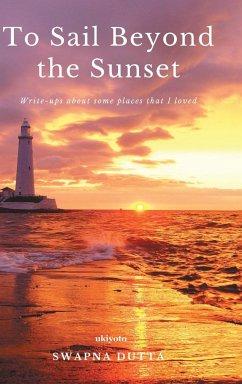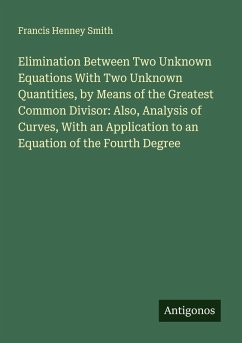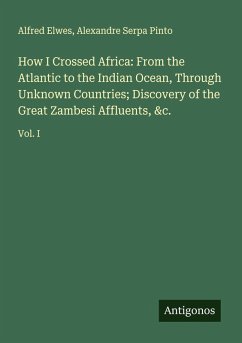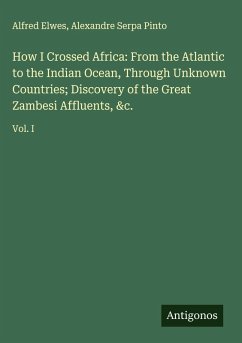
On Deerback To A Sunset Unknown
Versandkostenfrei!
Versandfertig in 1-2 Wochen
19,99 €
inkl. MwSt.

PAYBACK Punkte
10 °P sammeln!
This powerful work, of about a hundred and twenty pages, is a compact lyrical narrative, with a tight structure that blends worlds of fairytales with social reality of the Earth. The language of the novel is sheer poetry, and like poetry is sensitive to multiple interpretations and impressions. The idiom in its lyricism and quaint colloquiality is extremely difficult, challenging easy translation. Only, I have tried to get closer to the original. Harina... is the second book by the novelist. It connects thematically to both its predecessor Shun Sange Samayika Sandhi (a temporary truce with zer...
This powerful work, of about a hundred and twenty pages, is a compact lyrical narrative, with a tight structure that blends worlds of fairytales with social reality of the Earth. The language of the novel is sheer poetry, and like poetry is sensitive to multiple interpretations and impressions. The idiom in its lyricism and quaint colloquiality is extremely difficult, challenging easy translation. Only, I have tried to get closer to the original. Harina... is the second book by the novelist. It connects thematically to both its predecessor Shun Sange Samayika Sandhi (a temporary truce with zero) and successor Sunaputra Loke (The People of Sunaput). While the first book discusses absurdity of existence and meaninglessness of life through the life's story of an unemployed youth, handled with humour, Sunaput... takes up repeated government sponsored displacements of a forest and hill community of southern Odisha on a larger scale and the subsequent uprising of a violent movement. The author has often expressed that he was unsure about his career as a writer, and his readership. Sunaput... brought him the prestigious Bhubaneswar Book Fair Award (1992), dispelling irreversibly any such cynicism. ---Lipipuspa Nayak












